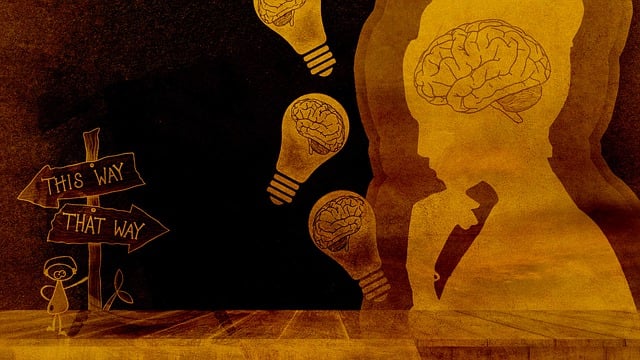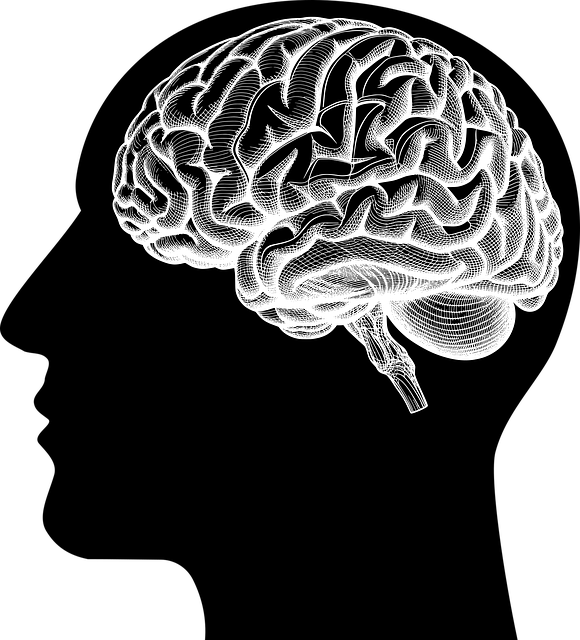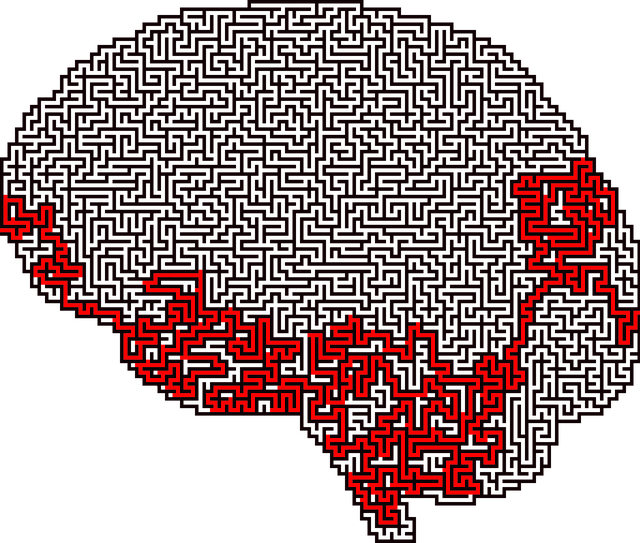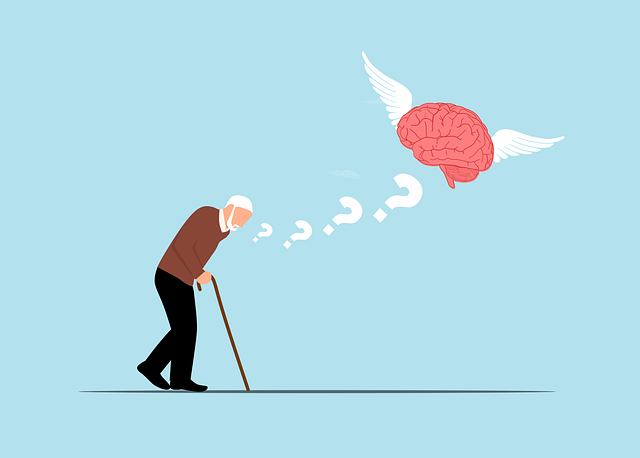Emotional intelligence (EI) is a key asset for young adults dealing with rising stress, anxiety, and mental health issues. Early intervention through therapy, including evaluations for Attention Deficit/Hyperactivity Disorder (ADD/ADHD), can significantly boost EI and emotional well-being. Mental health awareness campaigns and self-care routines are also vital in fostering resilience and interpersonal skills, normalizing help-seeking behaviors among professionals. For young adults with ADD/ADHD, tailored strategies like mindfulness, stress reduction, affirmations, and reframing negative thoughts enhance emotional regulation, self-esteem, and social interactions, ultimately improving relationships and overall well-being.
Emotional intelligence (EI) is a crucial component of overall well-being, especially for young adults navigating complex personal and professional landscapes. This article delves into the significance of EI, exploring its profound impact on this demographic. We dissect the unique challenges faced by young adults with Attention Deficit Hyperactivity Disorder (ADHD) and highlight the link between ADHD/ADD evaluations and emotional regulation. Additionally, we offer practical strategies for building EI through therapy for young adults with ADD-ADHD assessments.
- Understanding Emotional Intelligence and its Impact on Young Adults
- Identifying ADD/ADHD and Its Link to Emotional Regulation
- Strategies for Building Emotional Intelligence in Young Adults with ADD/ADHD Evaluations
Understanding Emotional Intelligence and its Impact on Young Adults

Emotional intelligence (EI) is a critical component of overall well-being, especially for young adults navigating life’s challenges and transitions. It involves recognizing, understanding, and managing one’s own emotions, as well as empathizing with and responding appropriately to the emotions of others. For young adults, cultivating EI can significantly impact their personal and professional growth. This is particularly relevant given that many young people today are dealing with increasing levels of stress, anxiety, and mental health issues, often exacerbated by the pressures of academic success, social media, and identity formation.
Therapy for Young Adults, including evaluations for conditions such as ADD/ADHD, can play a pivotal role in enhancing EI development. Through therapeutic interventions, young adults learn to identify their emotional triggers, develop coping strategies, and build self-awareness. Mental health awareness campaigns and initiatives focused on risk management planning for professionals further support this process by fostering an environment where seeking help is normalized. Encouraging self-care routine development can also be a powerful tool in promoting emotional well-being, ensuring that young adults have the resilience to manage their emotions effectively and build strong interpersonal relationships.
Identifying ADD/ADHD and Its Link to Emotional Regulation

Many young adults struggle with emotional regulation, and identifying underlying conditions like Attention Deficit/Hyperactivity Disorder (ADD/ADHD) is crucial for effective support. ADD/ADHD is not merely a childhood diagnosis; it can persist into adulthood, significantly impacting an individual’s ability to manage emotions. Through comprehensive evaluations, therapists can guide young adults toward understanding their unique challenges and developing strategies for emotional intelligence.
Therapy plays a pivotal role in enhancing mental wellness by offering tailored interventions, such as public awareness campaigns, confidence-boosting exercises, and journaling practices. These tools empower individuals to navigate their emotional landscapes more effectively. By integrating these strategies into daily routines, young adults with ADD/ADHD can improve focus, self-awareness, and emotional regulation, fostering a sense of balance and control in their lives.
Strategies for Building Emotional Intelligence in Young Adults with ADD/ADHD Evaluations

For young adults with Attention Deficit Disorder/Hyperactivity Disorder (ADD/ADHD), building emotional intelligence is a journey that requires tailored strategies. Beyond traditional therapy for Young Adults ADD-ADHD evaluations, fostering inner strength development is paramount. This involves teaching them to recognize and understand their emotions, as well as those of others, which is a fundamental aspect of emotional intelligence. Techniques like mindfulness meditation can help reduce stress and improve focus, enabling better emotional regulation.
Additionally, incorporating effective stress reduction methods into daily routines can significantly enhance emotional intelligence development. Encouraging positive thinking through affirmations and reframing negative thoughts can boost self-esteem and resilience. These strategies not only support the management of ADD/ADHD symptoms but also empower young adults to navigate social interactions more effectively, improving their overall well-being and relationships.
Emotional intelligence is a vital skill for young adults, especially those navigating the challenges of Attention Deficit Disorder (ADD) or Attention Deficit Hyperactivity Disorder (ADHD). By understanding and managing emotions effectively, individuals with ADD/ADHD can improve their relationships, academic performance, and overall well-being. Therapy for young adults with these evaluations plays a crucial role in developing emotional intelligence by providing strategies tailored to their unique needs. Through personalized guidance and support, young adults can enhance self-awareness, regulate emotions, and foster healthier interactions, ultimately empowering them to thrive in various aspects of life.










